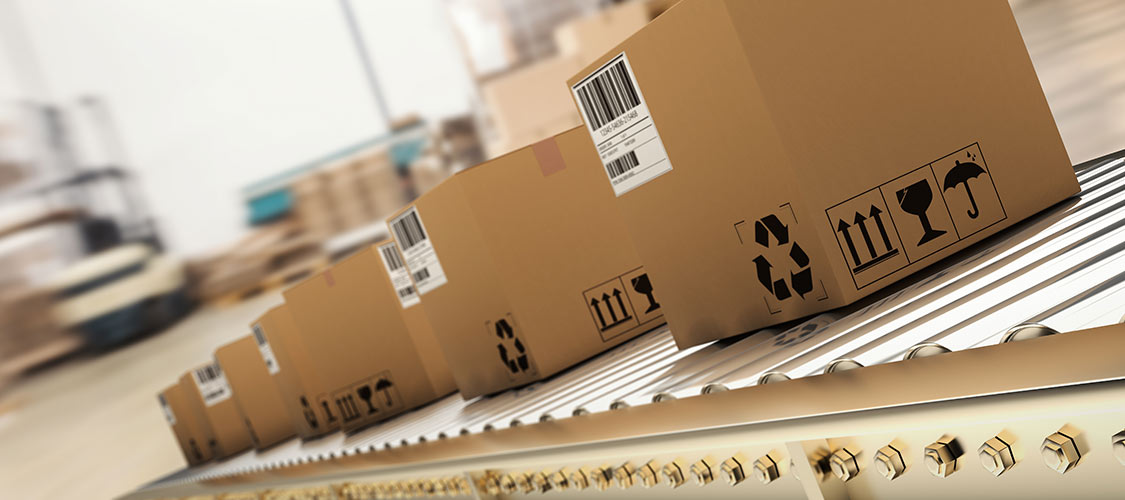E-commerce is having all kinds of interesting impacts on logistics tech and new market products. On top of AI, robotics, and changes in workforce (which are worthy of their own topics) there are a host of core changes that are re-modeling this industry and those around it.
Companies are entering international markets faster
In today’s environment a new business can get an e-commerce site up and running in hours (seriously). In addition, they can source low cost manufacturing from (almost) anywhere in the world. And lastly, they can service customers (almost) anywhere in the world. So this has caused a massive boom in smaller startups that have an international supply chain from DAY ONE.
New growth is struggling with old processes
This exponential growth is slamming up against logistics processes and technologies that have been in place for decades. Much of today’s logistics infrastructure is built on managing the 80%. Dealing with the “new” 20% that is coming from all these new business and relationships is putting a huge amount of strain on current companies and their technologies.
Enter the next-gen Logistics Startup
In response, many companies are driving new technologies into many different areas. Much of these ideas include taking advantage of technologies like Blockchain and AI, but the point is that companies are coming in and tackling individual problems with better technology. However, this job is harder in the logistics space than in other areas. Why? Because the processes are much more involved and ingrained than many other industries. Change is hard for everyone, but especially hard with logistics complexities.
What comes next?
Innovate or die 🙂 Or if you want a less dramatic version – companies, large and small, are going to continue to look for ways to get to market faster, while maintaining a price point that gives them at least a chance at profitability. Technologies that can help this goal will do very well in the coming years.






